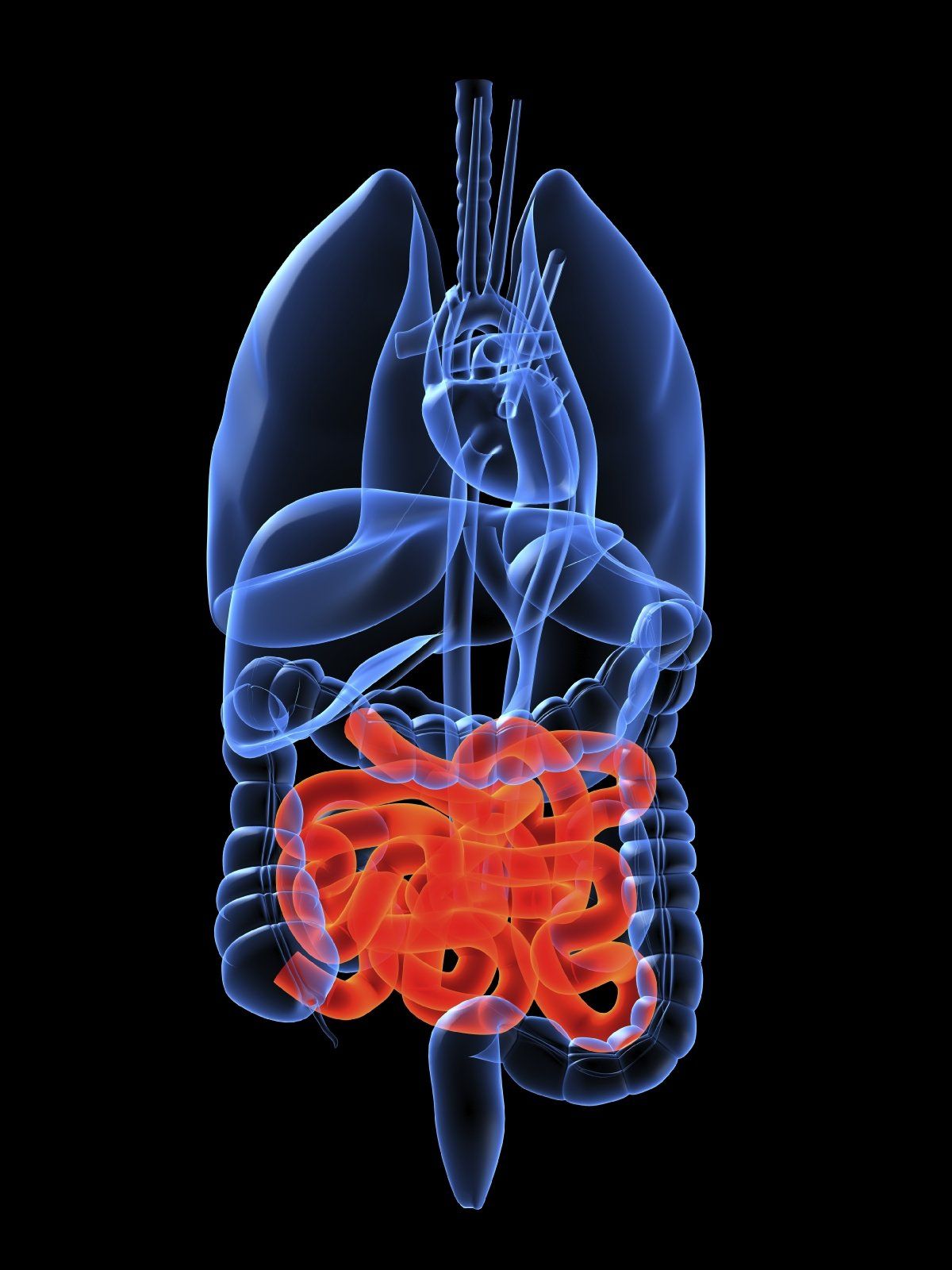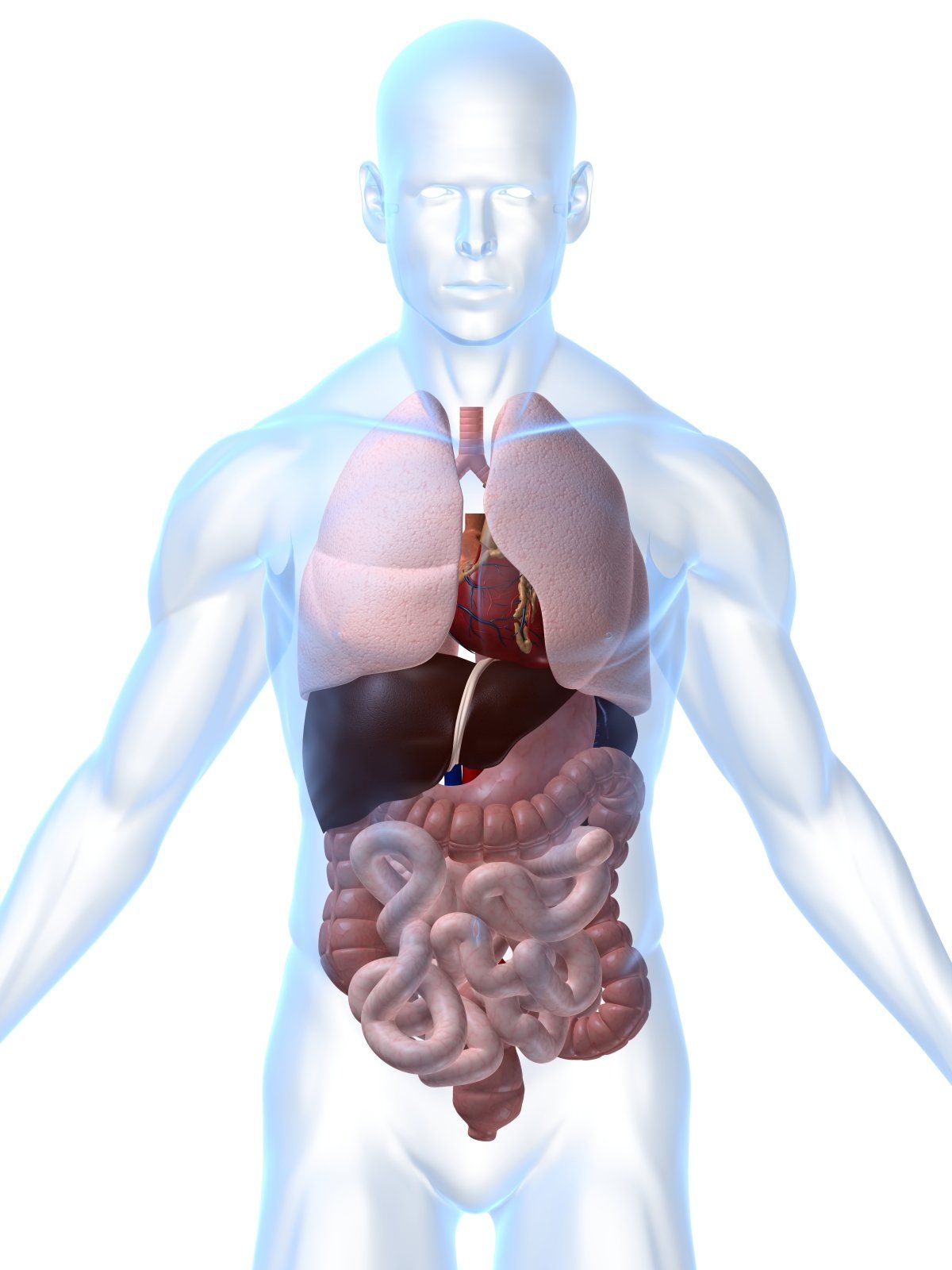Intestinal health - Microbiome therapy: Detoxification - Rehabilitation
Intestinal health - for your well-being
Microbiome therapy
80% immune system in the intestine
Our intestine is our largest organ, with an area of around 300 square meters and is home to around 2 kg of bacteria, which consist of around 3 million genes and are constantly connected and communicating with our 22,000 human genes. It is involved in numerous processes - 80% of the immune system is located in the intestine, but it also makes a significant contribution to our well-being, as hormones such as serotonin are formed in the intestine from the amino acid tryptophan.
Health = biodiversity
The more physiological intestinal bacteria, the healthier the person is. Unfortunately, species diversity is decreasing - facultative pathogenic germs can spread. Reasons for incorrect colonization / dysbiosis are environmental influences, stress, medication and our eating habits.
Good diagnostics for targeted therapy
A targeted therapy should always be preceded by a good diagnosis:
By means of stool analyses, reliable statements can be made about the intestinal microbiome, intestinal flora and intestinal mucosa based on the various parameters, although a stool examination is of course no substitute for a colonoscopy.
Here too, if the symptoms are appropriate, conventional medical and naturopathic therapies should go hand in hand.
A naturopathic approach to restoring the body's self-regulation often requires not just one form of treatment, but in the spirit of holistic treatment, organs, cells and tissues as well as body fluids such as blood and lymph must be taken into account, as well as psychological/constitutional and thus individual characteristics of the patient. This means that the desired results are often not achieved with a pure intestinal cleansing or purely symptom-related approach.
In naturopathic medicine, detoxification, elimination, acid-base balance, intestinal cleansing and intestinal symbiosis control go hand in hand.

Definition:
Gut symbiosis management, gut microbiome and gut cleansing are terms used in connection with gut and digestive health. Here is a brief explanation of each term:
1. Gut symbiosis management: This term refers to the management and promotion of healthy gut flora, also known as the gut microbiome. The gut flora consists of a variety of microorganisms, such as bacteria, that live in the intestinal tract and play an important role in digestion, the immune system and general health. Gut symbiosis management aims to support the balance and diversity of the gut flora to promote health.
2. Gut microbiome: The gut microbiome refers to the totality of microorganisms that live in a person's intestinal tract. These microorganisms play an important role in digesting food, maintaining a healthy immune system and producing vital nutrients. A healthy gut microbiome is crucial for overall health and well-being.
3. Colon cleansing: Colon cleansing is a process that attempts to cleanse, regenerate and strengthen the intestinal flora. This can be achieved by taking probiotics, promoting a high-fiber diet, avoiding harmful substances and supporting a healthy lifestyle. Colon cleansing aims to improve intestinal health and promote the balance of the intestinal flora.
It is important to note that these terms are used in the context of alternative and complementary approaches to health promotion and that the scientific evidence for their effectiveness may be limited. Before deciding on colon cleansing or other interventions to promote gut health, it is advisable to discuss the best options for your individual situation.




